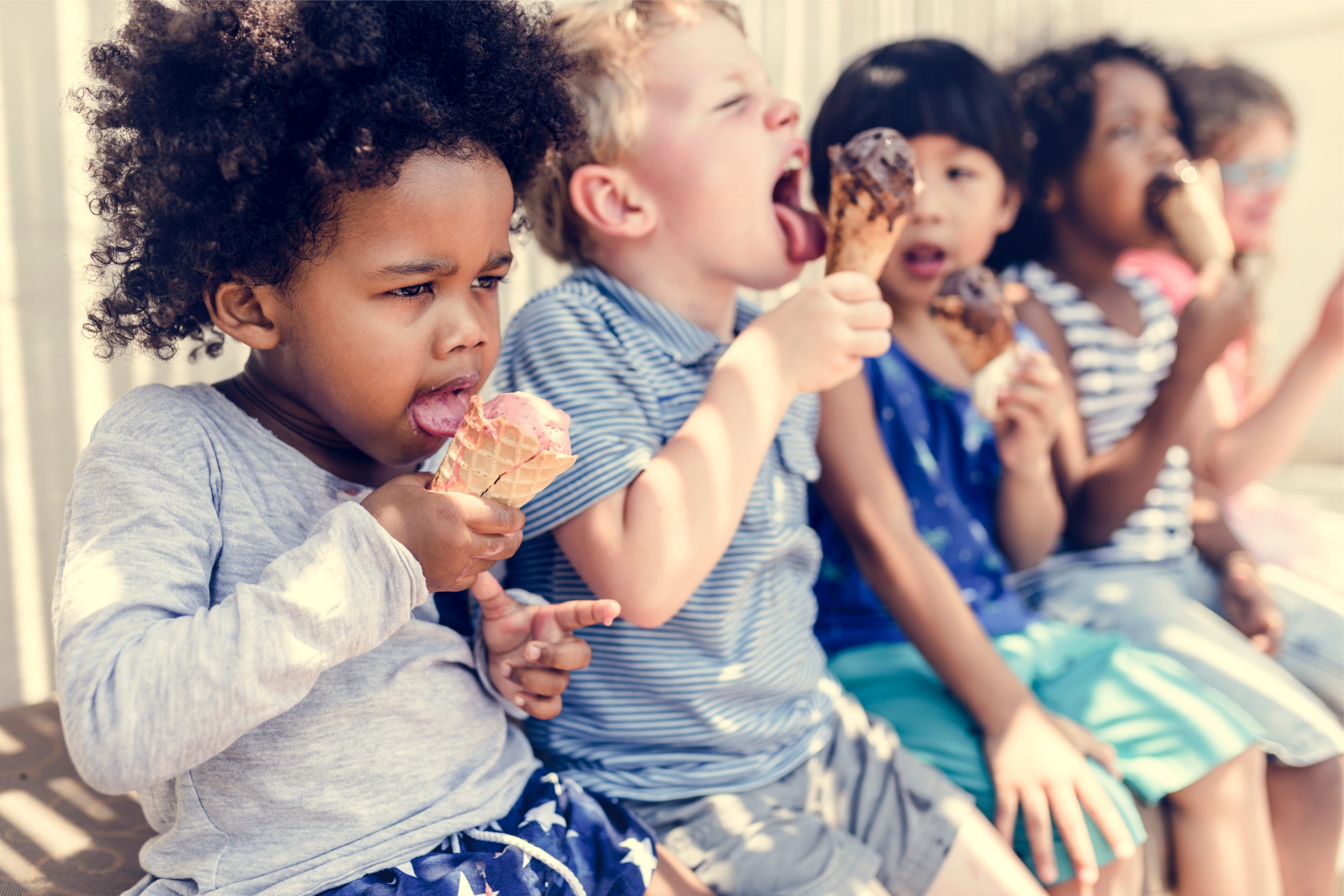Motivation for and Effect of Cooking Class Participation: A Cross-Sectional Study Following the 2011 Great East Japan Earthquake and Tsunami
Tashiro et al. (2020) conducted questionnaire surveys in disaster-affected areas following the 2011 Great East Japan Earthquake and Tsunami, to assess the relationship between the motivation to participate in cooking classes and the classes’ impact on the individuals. The survey examined the following effects of class participation: increase in new acquaintances and friends; more excursion opportunities; potential for gaining motivation; and a new sense of life purpose. The surveyors obtained 257 valid responses from 15 cooking venues. Several combinations of motivation and eating patterns were associated with the respondents’ perceived participation effects. For example, people who reported to eat alone and were motivated to enhance their nutritional intake were more likely to make new acquaintances and friends. Eating alone and being motivated for increasing personal cooking skills was linked with gaining additional excursion opportunities. Conversely, those who ate alone and whose drives were to improve their nutritional consumption were less likely to increase their excursion opportunities. The results indicate the success of the cooking class, as participation provided the residents with nutritional health support and social benefits. [NPID: psychosocial, Japan, earthquake, tsunami, class participation, motivation, life purpose, purpose, eating alone, loneliness, social context, friendship]
Year: 2020
 Navigation
Navigation






